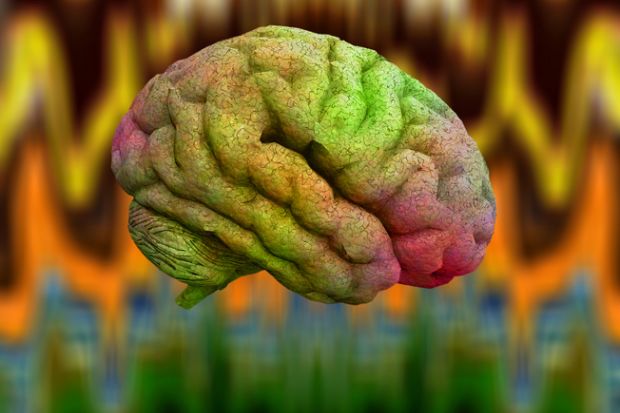The head of the US National Institutes of Health has backed steps to expand research into psychedelic drugs, citing promising developments from studies of their use in treating mental illnesses.
NIH director Francis Collins offered the assessment to Congress after new academic studies showed benefits in treating depression with psilocybin, and severe post-traumatic stress disorder with the club drug MDMA.
“As we’ve learned more about how the brain works,” Dr Collins told a US Senate hearing, “we’ve begun to realise that these are potential tools for research purposes and might be clinically beneficial.”
Appearing before the US Senate’s Appropriations Committee, Dr Collins suggested that the NIH may convene a workshop to make plans for “the next generation of clinical trials” of such drugs.
In the US, as in many nations, it is politically tricky territory. The use of psychedelics has long been criminalised and regarded by the US public as an especially deviant form of recreational drug use.
But some US research universities have taken the risk of pushing ahead in such uncertain legal and funding environments, hoping to find badly needed solutions in areas of mental illness and pain relief that have so far evaded safe and effective solutions.
Initiatives in recent years include the creation of Johns Hopkins University’s Center for Psychedelic and Consciousness Research, the University of California, Berkeley’s Center for the Science of Psychedelics, and Yale University’s Psychedelic Science Group.
US lawmakers may be coming along, although far more slowly. Congress has yet to end a federal prohibition even on the recreational use of marijuana, despite seeing 17 states make the drug legal and 13 others decriminalise it.
The federal government has long allowed only one site – the University of Mississippi – to produce marijuana for research. Dr Collins acknowledged that creates a year-long bottleneck in supply and approvals for scientists who want to study the drug, although he noted that federal officials will soon allow additional suppliers.
The NIH director said he has also proposed that lawmakers create a new designation in federal law that would reduce the legal hurdles for researchers wanting access to marijuana.
Dr Collins also promised “a hard look” at expanding research into psychedelics over the coming year. “There has been a resurgence of interest in psychedelic drugs, which for a while were sort of considered not an area that researchers legitimately ought to go after,” he said.
The NIH, with an annual budget of $43 billion (£30 billion), is the leading funder of basic research at US universities.
The new study of psilocybin was conducted by a team at Imperial College London and published in the New England Journal of Medicine, showing some benefit over escitalopram, a well-recognised drug for treating depression.
The study of MDMA – commonly known as Ecstasy – by researchers at the University of California, San Francisco and New York University, and published in Nature Medicine, found that the drug combined with counselling offered significant relief in severe cases of post-traumatic stress disorder.
Register to continue
Why register?
- Registration is free and only takes a moment
- Once registered, you can read 3 articles a month
- Sign up for our newsletter
Subscribe
Or subscribe for unlimited access to:
- Unlimited access to news, views, insights & reviews
- Digital editions
- Digital access to THE’s university and college rankings analysis
Already registered or a current subscriber? Login








